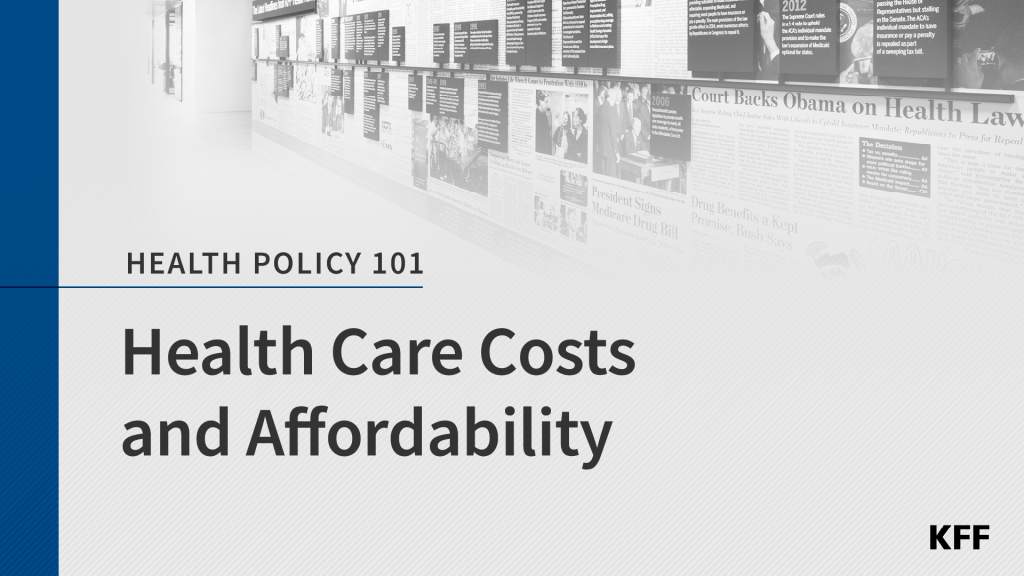The Commercialization of COVID
On Wednesday, October 19th, a panel of experts joined series moderator Larry Levitt in a 45-minute discussion exploring the government’s plan to transition the distribution of COVID tests, vaccines, and therapeutics to the commercial market and its potential implications for consumers and insurers.
